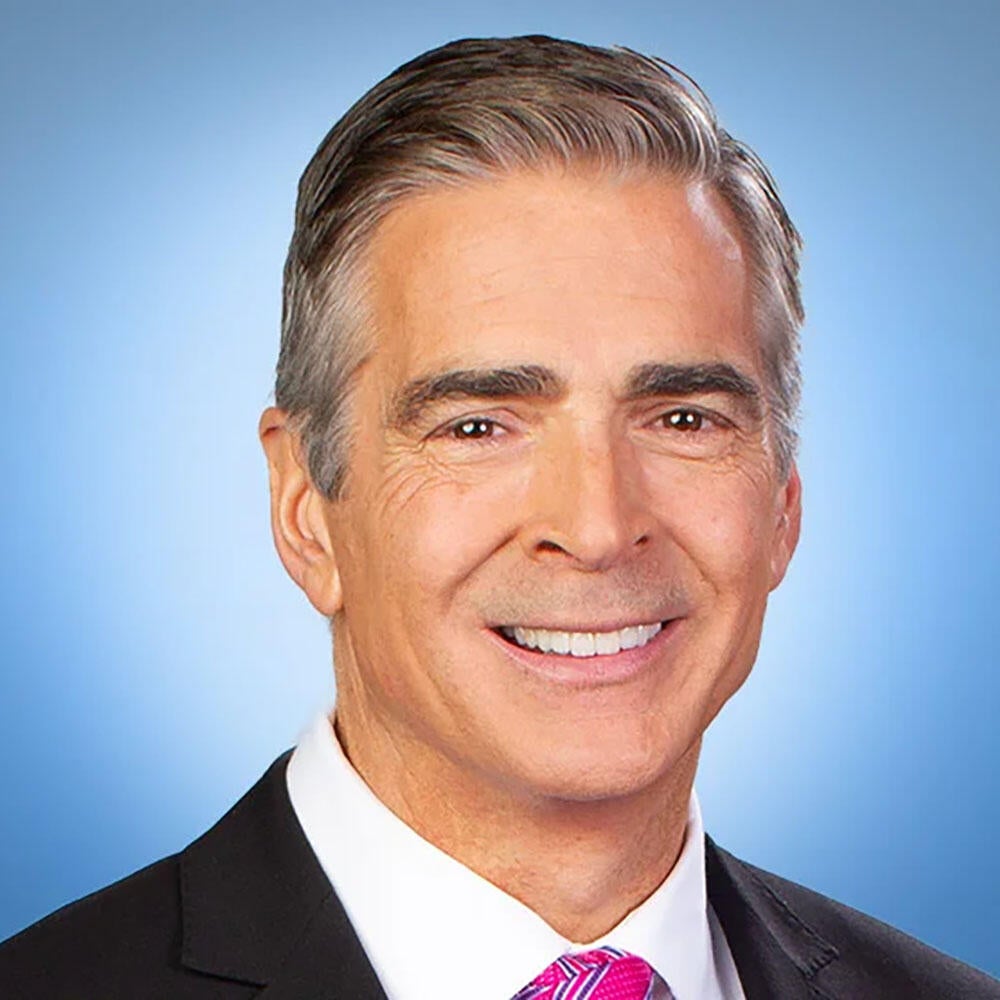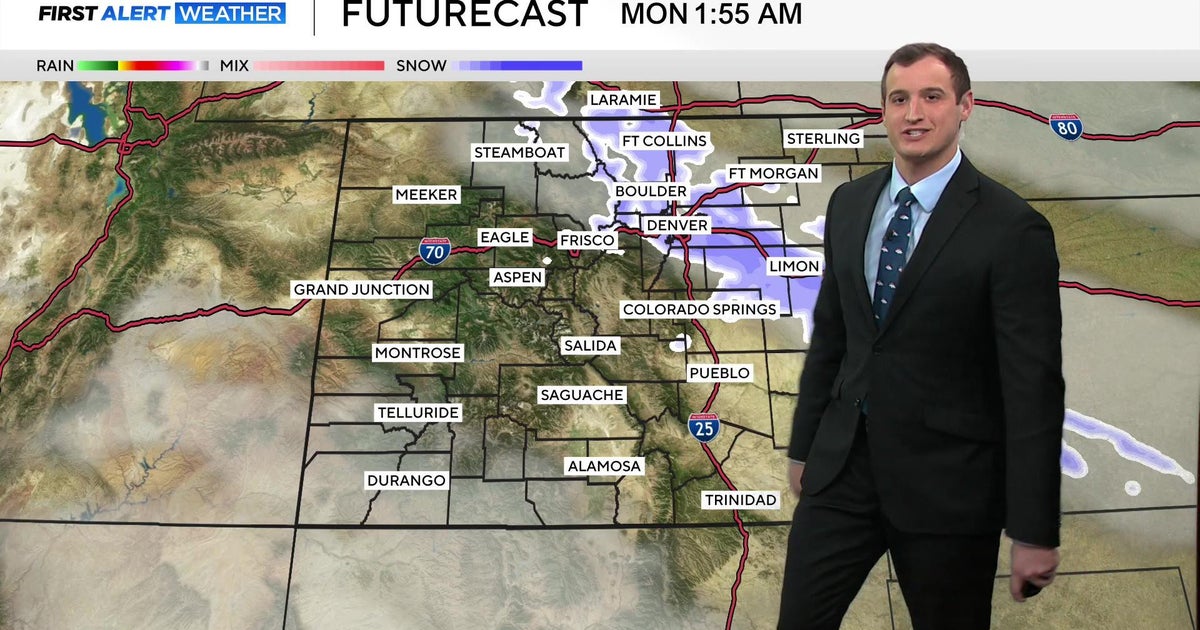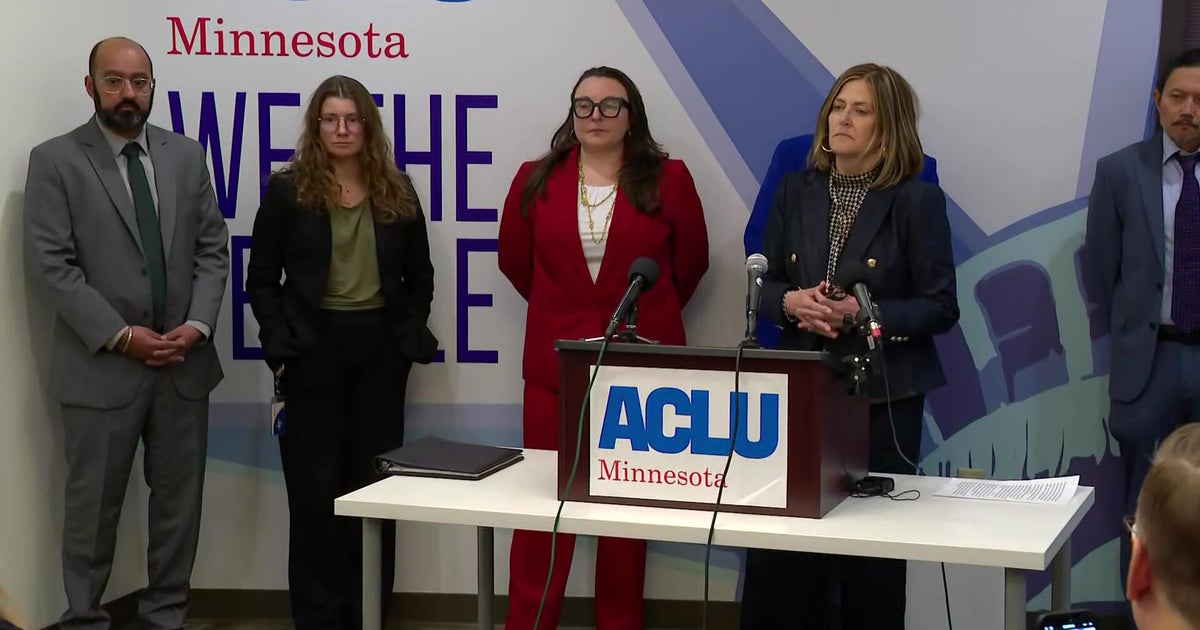UCHealth: Another Colorado hospital under stress from migrant care
The cost of providing health care to migrants who have arrived in the Denver metro area over the past year is hitting hard at UCHealth hospitals, headlined by the increase in the number of people at the flagship hospital in Aurora.
"The number we believe very conservatively in the last three months is almost 2,500 patients and probably more. And it keeps increasing every day," said Dr. Richard Zane, chair of the Department of Emergency Medicine at CU School of Medicine and head of the emergency departments and urgent cares across the UCHealth system.
System-wide, the health care system says it has counted 5,800 new migrant patients received care from November through January. That's 69% growth in that patient population over the same period a year earlier.
Simply counting the population that shows up for care is difficult. Researchers counted people without insurance or social security number who said they were from another country or volunteered they are migrants.
"This is a societal responsibility, not just a hospital responsibility," Zane said. "And it's in the many, many millions of dollars."
Costs are likely to be shifted to the insured. The hospital system says it's margins are down.
"Unequivocally period, we will not deny emergency care. But at some point, access is impeded for everyone," Zane said. Staff and providers are stepping up and coming in and taking on extra work. But there are limits, Zane added.
In January, Denver Health Medical Center said it too was facing a heavy burden. It was expecting to turn some people away.
Many come in with medical conditions long ignored or untreated. It is in some ways like treating America's uninsured. "It is commensurate with poverty," Zane said. But it's more desperate. Because there are language barriers. There's cultural barriers. There's not having any history. When a patient comes with a complex medical problem, there's no way to access anything about them." Requests for interpreter services have risen sharply.
Zane says the patients they are serving are, "Quite thankful, but desperate." Pregnant women and their babies are eligible for Medicaid, but others have no coverage at all. On how to solve it, Zane was not clear on what he felt federal responsibility should be.
"That's the big question that's looming in front of everybody is. What is the next step?" Zane said. "What are we societally going to do for these patients? What are we as a state going to do for these patients? What are we as a country going do for these people who are quite desperate?"









